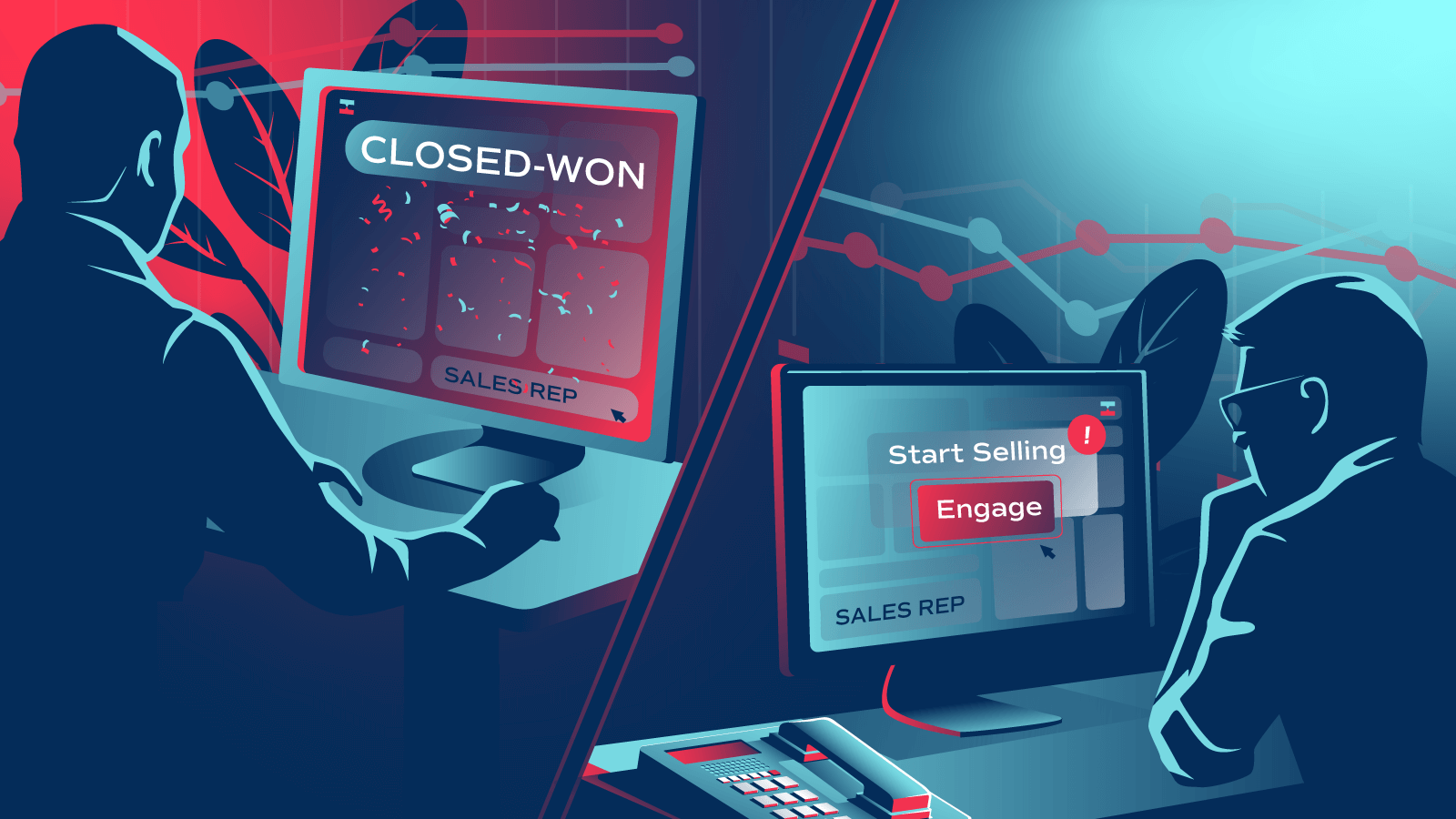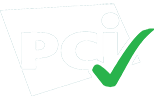“How to partner with me” is a series where we explore the inner workings of partner programs to help you better understand how to build your partner ecosystem. Read previous entrants Typeform, Zylo, Monday.com, and Zapier.
Founded in 2011 in San Francisco by a group of Irish designers and engineers, Intercom is a customer messaging platform for teams and individuals (browse Intercom’s Partnerbase page).
 You likely recognize its Business Messenger tool: A pop-up chat box which can live on your website or in your software and act as “your business’s front desk”, a first point of contact for your customers when you (or your team) aren’t immediately available.
You likely recognize its Business Messenger tool: A pop-up chat box which can live on your website or in your software and act as “your business’s front desk”, a first point of contact for your customers when you (or your team) aren’t immediately available.
“Our mission is to help make internet businesses personal again,” explains Tara Larson, Intercom’s senior manager of app partnerships. “We meet your customers where they are, in real-time, through features like live chat, custom bots, or embedded apps to make that initial connection with them lead to something more valuable and meaningful over time.”
Intercom’s partnerships drive more than 100,000 App downloads each year, they work with over 5,000 early-stage startups around the world through its early stage program, and recently launched its app partner program and services partner program. In other words, Intercom is expanding its partner ecosystem, and it’s the perfect moment to reach out.
We spoke with Larson, who’s based in San Francisco, for her advice on building impactful revenue-driving tech partnerships, how to partner with startups, and how experimentation and community building in partnerships leads to growth.
This discussion was edited for length and clarity.
We’re looking for… like-minded tech partners to build high-impact apps for our joint customers. Our ideal partners have complementary products that make Intercom more useful with three use cases: marketing, sales, and support.
We also have a services partner program for agencies, business process outsourcers (BPOs), systems integrators (SIs), and consultancies that offer or run Intercom as part of their services.
The third partnership type we offer is for start-ups. We have relationships with accelerators, incubators, and venture capitalists (VCs) in the start-up space. We also have a public-facing start-up program, which is a bit unique for a company of our type.
What’s in it for our partner is… connecting with more than 30,000 Intercom customers. You can join Intercom’s public app store of over 200 partners and collaborate with our marketing team. You can work directly with our global sales team of more than 100 sales professionals who are speaking to prospects and customers every day about their sales, marketing, and support strategies.
Our sales team works with our partners by… building a joint narrative for co-selling and referrals. The aim is to increase the value our mutual customers receive from Intercom and our partners. When our customers integrate us with their tech stack, they receive more value and this increases their lifetime value as a customer since it improves retention metrics on our end.
As a premier partner, you can work closely with our team to create shared collateral and run partner training sessions for our sales and solutions teams. These sessions are invaluable to help our teams learn about each other’s product, use cases, business mission, and what we can do together for customers. Our partners can also do things like account mapping to identify and target accounts where we think we can add more value to customers or prospects, and figure out where the strongest alignment is.
If you’re looking to work with startups you should… think about where your product adds value. For Intercom, we focus on developing relationships early on. You need to— as best as you can — put yourself into a startup founder’s shoes and know that they have very little time to make decisions, and all their time needs to go to talking to their customers and product development.
So, rather than sending emails to startup founders, focus on meeting them in their world — at the accelerators, through VCs, or startup communities — and try to help solve the biggest problems that they have at that point in time. Maybe it’s something that your product can do for them, or it’s a discount that they need early on. Focus on their needs and where they’re at to try and develop a long-term relationship.
You can build a foundation and goodwill from there. If you’re adding value to them, and your product does what you say it does, then retaining customers is easier than sourcing new ones.
In the next year our partner program will focus on… scaling up. That’s the theme of the year for us. Customer expectations have risen to a new level. Everything needs to connect now.
We have to have all of our tools and technologies seamlessly integrated. That’s what allows us to continue working really well, no matter what challenges are thrown at us.
That’s the same for our customers. It’s why we’ve invested in Intercom being a platform that has an app ecosystem that partners can build upon. Our APIs and Canvas Kits allow partners to build apps that embed their products and apps directly into Intercom’s UI with messenger or inbox apps. We’re working towards becoming an interconnected space for everything related to communicating with customers.
Another thing we’re going to continue focusing on is … experimentation, and finding the right metrics to attach to community-building efforts. Normally, for any in-person event —or situation where you’re speaking about, or promoting your brand outside of your own company — it can be hard to track. You can try using QR codes or UTM codes, for example. But the reality is, a lot of that stuff disappears for different reasons.
So early on, there’s a little leap of faith to make those investments and be smart about collecting feedback to measure impact.
Just be ruthless about being open and honest and asking: Was this valuable? Will you use our product as a result of attending this session? Will you come to the next event?
That’s the best way to learn while you’re experimenting and then as you scale up, you’ll have the data to measure and the metrics to monitor.
In the beginning, trusting your instincts and making those investments is important.
Turn your ecosystem into your #1 revenue source
Get started in under a minute. Instantly capture insights from your partners. Identify more opportunities. Did we mention it’s free?










